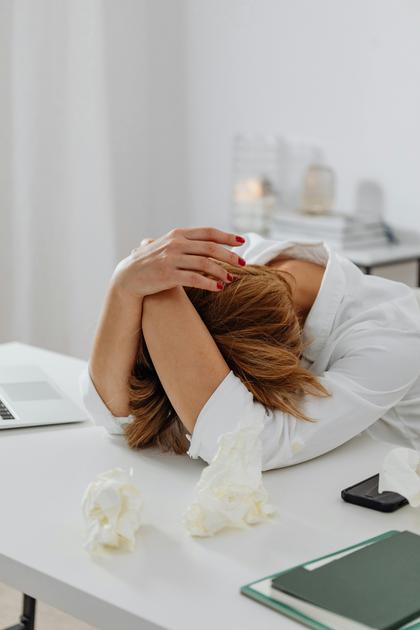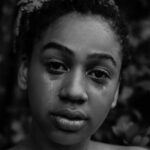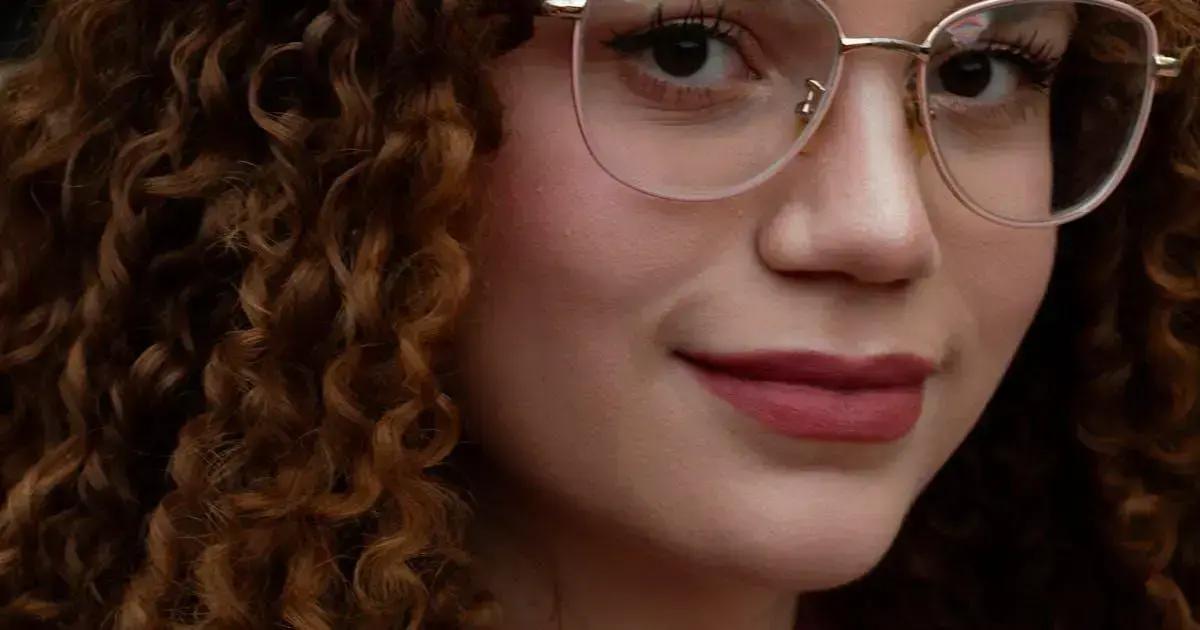If you’re over 30 and noticing changes in your hair, you’re not alone. Female hair loss after 30 is more common than you might think, often linked to factors like diet, hormonal changes, and stress. Many women struggle silently with this issue, feeling frustrated and unsure of how to address it. Thankfully, understanding and correcting common dietary mistakes can lead to healthier hair and renewed confidence. Let’s explore these mistakes together to help reclaim your luscious locks.
Understanding Female Hair Loss: The Basics
As women step into their 30s, many encounter various changes, and one of the more disheartening ones can be hair loss. Knowing the basics about female hair loss can help demystify what’s happening. Hair loss affects many women, and it can be caused by a mixture of factors, including genetics, hormones, and lifestyle choices.
During this time, hair may appear thinner as it can stop growing as robustly as it once did. Many women may notice more hair in their brush or shower, which can be alarming. Understanding that this can be a common experience can alleviate some frustration and confusion.
As we explore the connection between hair loss and diet, we’ll focus particularly on what common mistakes to avoid to keep your locks healthy and vibrant.
How Diet Impacts Your Hair Health
The connection between your diet and the health of your hair is more significant than you may think. A balanced diet is essential for maintaining healthy hair, as our bodies need specific nutrients to grow strong strands. Essential vitamins, minerals, and proteins play crucial roles in the hair growth cycle.
A deficiency in key nutrients can lead to hair shedding or even stunted growth. Consider how your meals are composed. Are they rich in the antioxidants, vitamins, and minerals your body and hair crave? Eating a variety of foods not only nourishes you but also supports your hair’s health.
Common Nutritional Deficiencies to Watch Out For
As you approach your 30s, there are key nutrients that could become deficient in your diet without you realizing it. Iron, zinc, and biotin are some important ones:
- Iron: Essential for transporting oxygen in your blood, iron-deficiency can lead to hair loss. Foods rich in iron include spinach, lentils, and lean meats.
- Zinc: This mineral is vital for hair tissue growth and repair. Low zinc levels can lead to hair shedding. Include nuts, seeds, and whole grains in your diet.
- Biotin: Often touted for hair growth, biotin plays a role in the production of keratin. Eggs and sweet potatoes are fantastic sources.
The Role of Hormones in Hair Loss
Hormonal changes can dramatically affect hair health. Many women experience shifts in hormones due to various factors such as pregnancy, birth control, or menopause. These changes can lead to hair thinning or shedding.
In your 30s, you may experience fluctuating estrogen and progesterone levels, impacting the hair growth cycle. Understanding this connection can help manage expectations and encourage dietary choices that promote hormonal balance.
Stress and Its Effect on Your Hair
Stress has a significant impact on your overall health and can directly affect your hair. During stressful periods, your body might divert resources away from non-essential functions, including hair growth. Chronic stress can lead to conditions like telogen effluvium, a temporary form of hair loss.
Incorporating stress-reducing practices into your routine, like yoga, meditation, or simply taking a walk, can be beneficial. It’s an important reminder that caring for your mental health is crucial for your hair’s health.
Top Foods to Include for Healthier Hair
To nourish your hair, focus on a well-rounded diet filled with nutrient-rich foods. Here are some amazing foods to include:
- Fatty Fish: Salmon and mackerel provide essential omega-3 fatty acids that enhance hair health.
- Berries: Packed with vitamin C, berries help with collagen production and iron absorption.
- Leafy Greens: Spinach and kale offer iron and vitamins A and C, crucial for hair growth.
- Nuts and Seeds: Almonds and chia seeds are great sources of biotin and vitamin E.
- Whole Grains: Foods like quinoa provide iron and zinc.
Foods That Might Be Sabotaging Your Strands
While including healthy foods in your diet, be mindful of those that may harm your hair. Here are some that could contribute to hair loss:
- Sugary Foods: High sugar intake can lead to insulin spikes, affecting hormone levels.
- Highly Processed Foods: Foods that are low in nutrients can hinder hair growth.
- Excessive Caffeine: Too much caffeine can lead to dehydration and stress, both of which can negatively impact hair health.
- Trans Fats: These unhealthy fats can contribute to inflammation.
Lifestyle Changes to Combat Hair Loss
Alongside diet, certain lifestyle habits can support your hair’s vitality. Small changes can make a significant impact:
- Stay Hydrated: Drinking plenty of water supports overall health and hair strength.
- Limit Heat Styling: Reduce the use of heat on your hair to minimize damage.
- Get Enough Sleep: Quality sleep aids recovery and hormonal balance.
- Regular Exercise: Physical activity boosts circulation, benefiting hair follicles.
When to Seek Professional Help
It’s essential to monitor your hair health and seek professional help when needed. If you notice excessive shedding or bald patches, it may be time to consult a dermatologist or trichologist. They can provide insights into potential medical conditions causing hair loss.
Sometimes, hormonal imbalances may require medical attention, and addressing these with a professional can ensure you are on the right path.
A Hopeful Outlook: Regaining Your Hair and Confidence
It’s crucial to remember that feeling good about your hair can be attainable. Many women have navigated through hair loss and emerged with renewed confidence. By making informed dietary choices and embracing a holistic approach, it’s possible to nourish both your hair and spirit.
A journey towards healthier hair is not about perfection but rather a step-by-step exploration of what best suits your body. Stay hopeful, and trust that with time and attention, you can regain not just your hair but your confidence, too.






